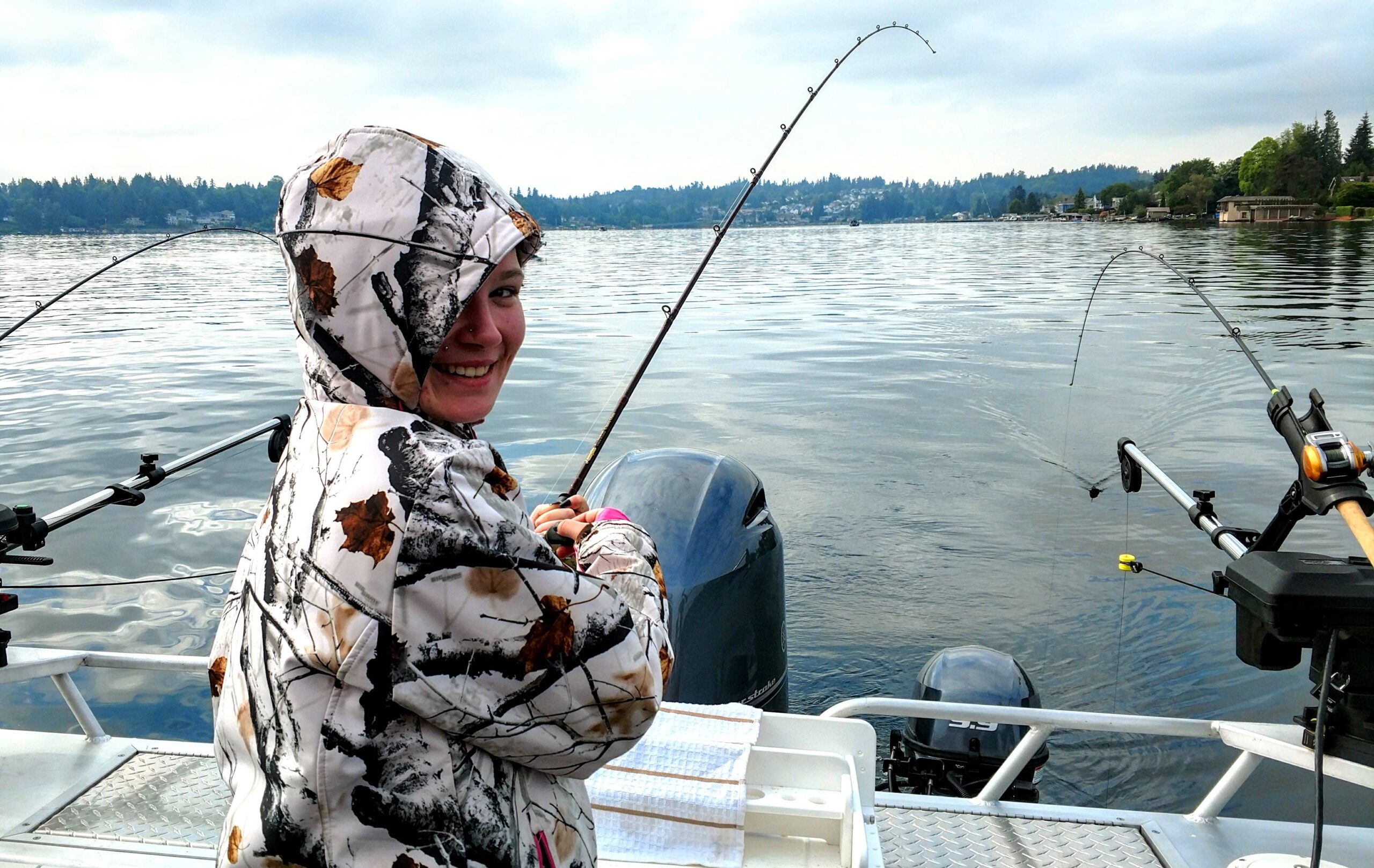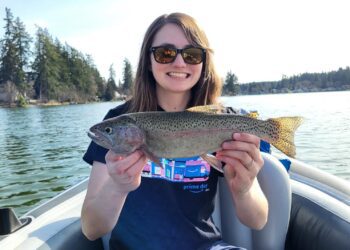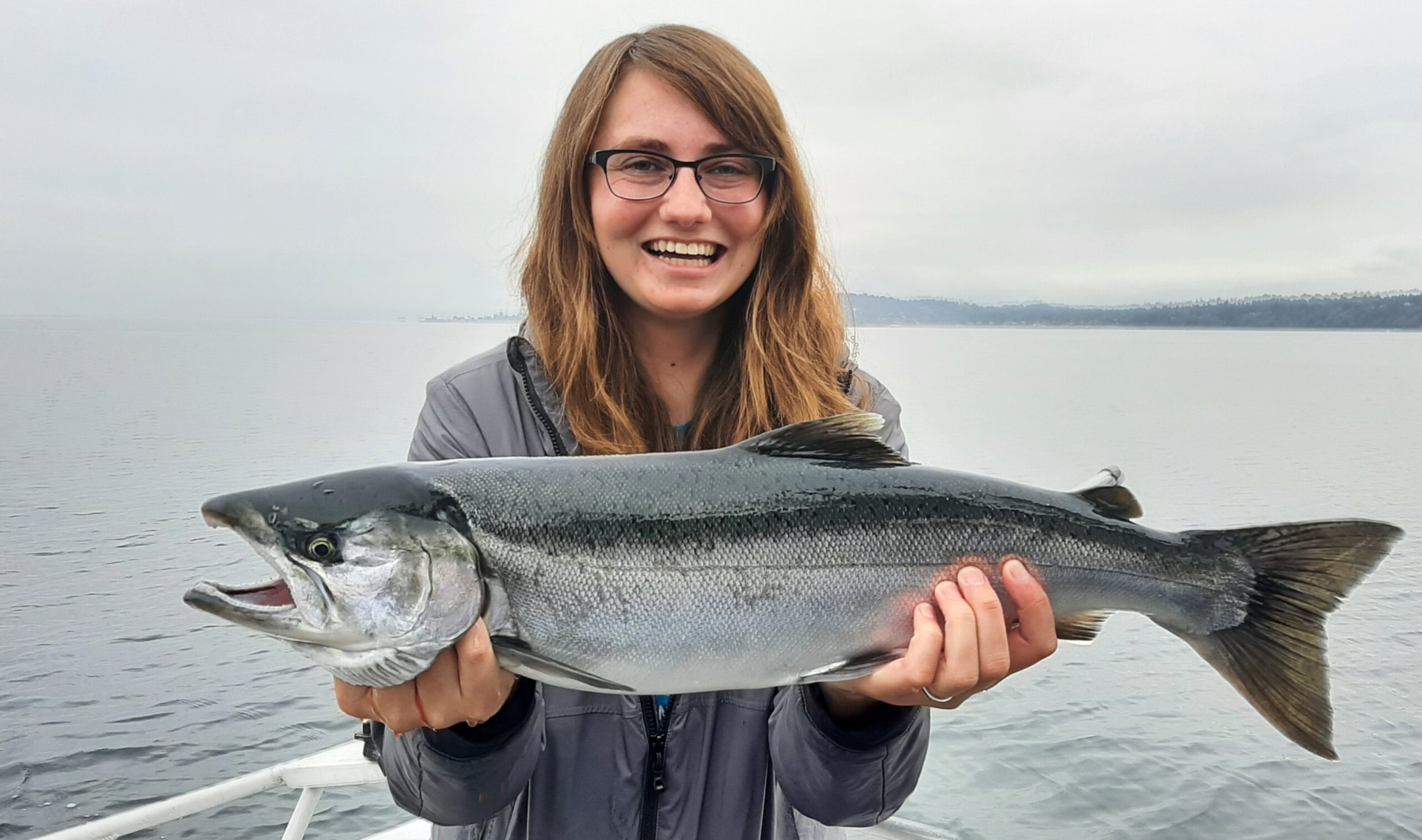A fishing derby? I’d better set up a team and sign up. I’m the “Fish Whisperer”, my buddies and I can outfish anybody! Actually, that’s not fair. Although the fame and money would be nice. Most people sign up for a derby just to participate in the event and to enjoy the camaraderie and fellowship. Winning would be a sidebar to enjoying the fishing trip, enhancing the overall experience.
Fishing derbies and tournaments for just about everything that swims are organized throughout the country each year. In the US, there are 30,000-50,000 derbies and tournaments organized each year. In 2023, there were around 58 million licensed anglers. Even if only a small percentage of licensed anglers participate in an event, participation could range from 1.5 million to 5 million anglers annually.
Here in the Pacific Northwest, there are derbies for trout, kokanee, walleye, tuna, salmon, surf perch, halibut, razor clams, and chowder cook-offs. There may be derbies targeting other species, and those anglers will know the whens and wheres. The basics of this article will cover all species.

Although over the years the Castello clan has enjoyed occasional success while participating in various derbies, overall success has been metered. That said, I’ve had many “almost” in the money derby experiences.
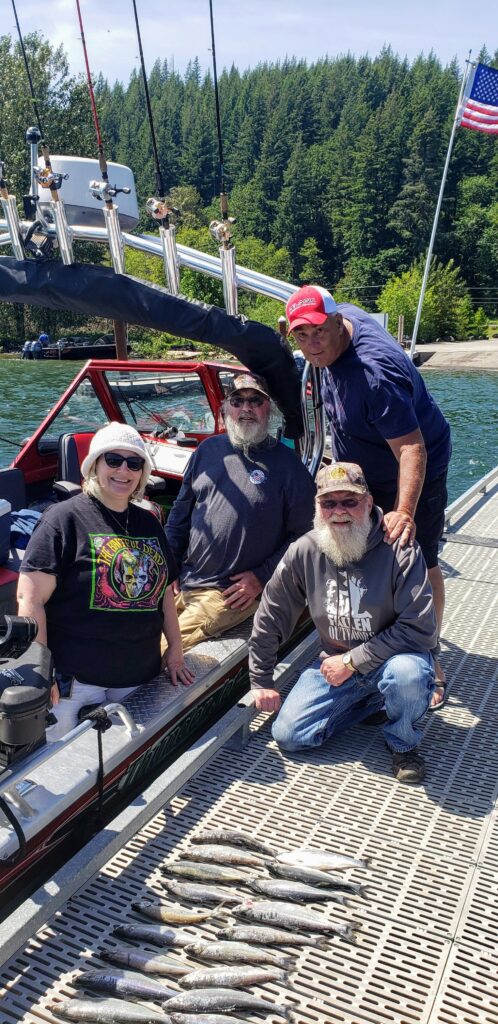
Many years ago, while fishing in a big money tuna tournament out of Ensenada, Mexico, we hooked a large big eye tuna with just hours to go before the weigh-in. By the time the fish was secured on deck, we only had a short few hours to make a 40+ mile run back to the marina for weigh-in. Despite having one of the fastest boats in the tournament, we did not make the weigh-in queue in time. We were quite the talk around town, but made the drive back to the border with nothing more than a stack of swag bags and my own flip-flop print on my board shorts.
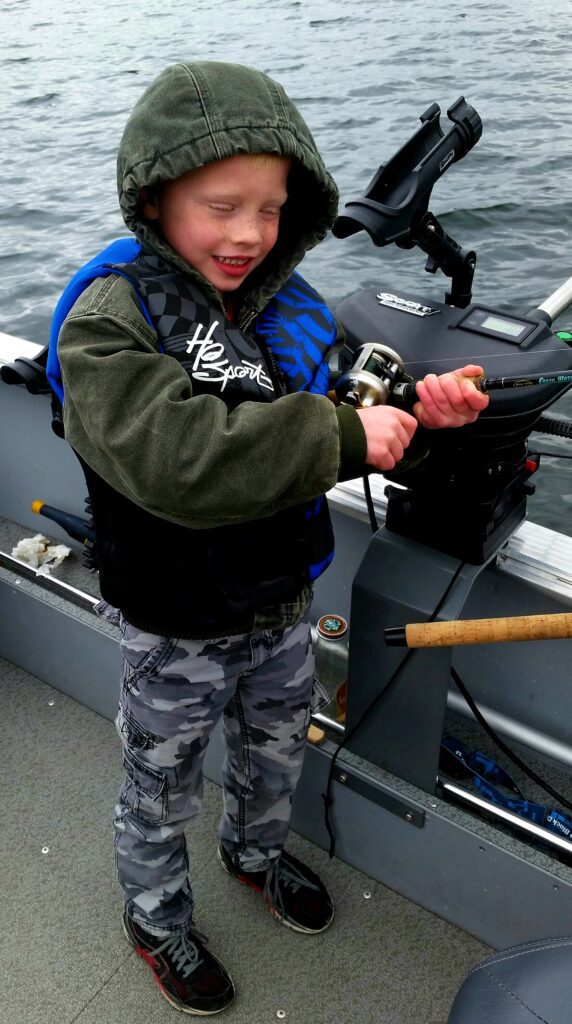
Then locally, with a derby contender, coho on ice, I’ve missed the weigh-in for the Everett Coho Derby by probably 15 minutes because of another last-minute fish. These were all skipper miscalculations where I knew the rules but pushed the time limit. The list goes on, but you get the idea. These kinds of errors can be minimized by creating a plan and then sticking with it.
If you plan to fish a derby or tournament, have a plan! Although it doesn’t hurt, your plan does not need to be written out. Either way, you and your fishing partners need to sit down and come up with a plan for derby day.
In working out a plan, consider basic things like getting enough sleep, being on time, and not showing up at the dock hung over.
One of the first items to discuss is how to handle winnings. On my boat, there is usually an agreement that all winnings are split evenly. Occasionally, we just let the prize go to the person catching the fish, but either way, this should be agreed upon before Derby morning. If a juvenile is part of the team, they always get their winnings in full.
There are many variations of how to distribute derby winnings. The team should consider a means of covering the day’s expenses, such as fuel, launch fees, and moorage. Back to my boat, I usually cover the boat-related expenses, fuel, bait, and provide all the gear, but this is a team decision. Again, discuss winnings as an element of your derby plan, friendships depend on it!
In your derby plan, you should also discuss your catch rotation. Again, on my boat, we do a rotation through solid hookups with the skipper being last. Many teams will take a more traditional route where each angler runs with their personal gear, but this is a team decision.
Your derby plan needs to address technique, gear, and location. It is important that the boat fishes as a team, and everyone knows what to expect. At the end of the day, you want everybody to have fun and feel like they had an equal say in your potential success or if so, disappointment.
The plan should include an agreement for a meeting place, time, and ensure the skipper has everyone’s phone numbers. Also, decide what each angler should bring. Example: ice, lunch, derby tickets, license, and gear if required. Maybe also discuss parking and usage fees at the launch area.
For derby day, you want your deck as clear as possible, so it could be a good idea to address storage space and limit personal items. Use a common ice chest for fish. I have a case of fish bags, and each angler gets 1 for their Derby catch.
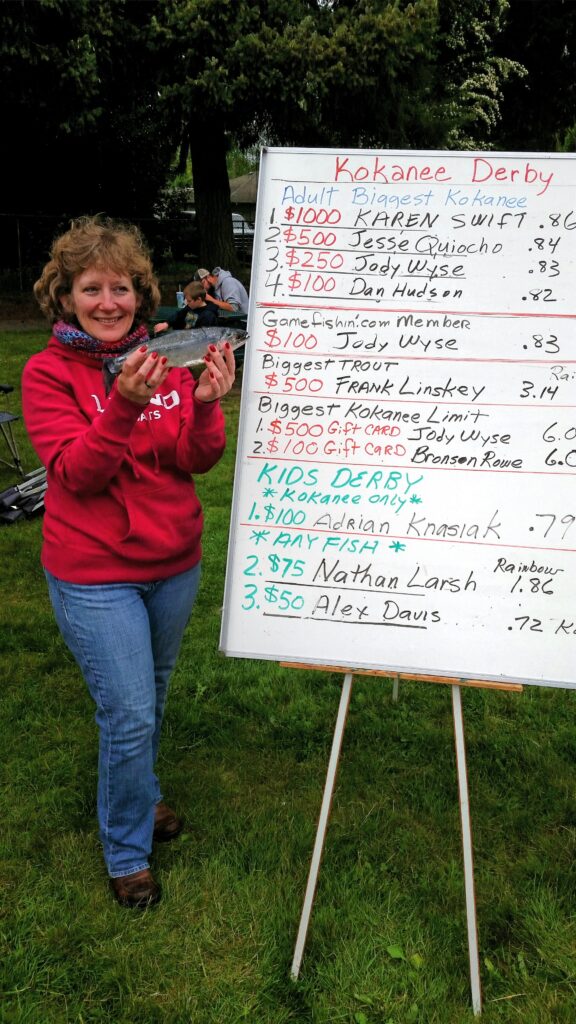
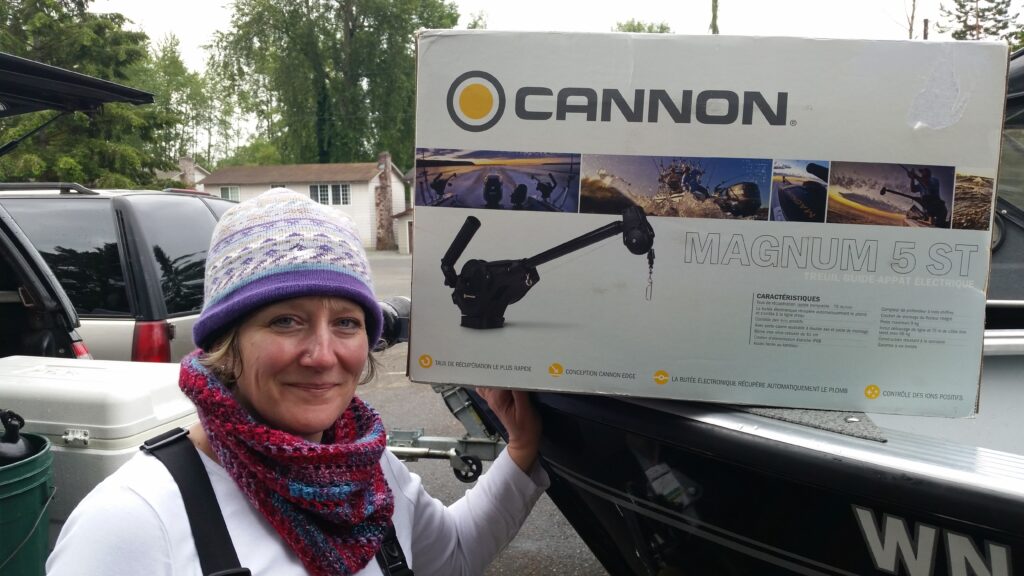
Back to location, your derby day plan should include an agreement regarding fishing location throughout the day or changes required for changing conditions. This is especially important when fishing in marine areas influenced by the tides.
The skipper is responsible for making sure the boat and gear are ready for derby day. This includes a rod and reel check, replacing line and or top shots as required. I always have a backup rod or three on the boat. Typically, I have two nets on board anyway, but having two nets available is especially important on derby day.
Depending on the derby, it is also important that at least one other team member can run the boat, drive the tow vehicle, and be familiar with the boat’s electronics. (Mostly in case the team gets tired of the skipper and the flipping plan, thus throwing the skipper overboard.)
As the skipper, I find Derby days pretty stressful. To be honest, I experienced this for any fishing trip, but for me derby day is worse. It’s not that I’m not having fun, but I feel a true responsibility towards my crew’s success.
That said, don’t forget to have fun. Turn setbacks into opportunities and laugh in the face of calamity. Winning is icing on the cake of an otherwise enjoyable fishing trip. By developing a derby day plan, the skipper and crew are more likely to enjoy the day, even increasing their chances of putting a fish on the leader board.





